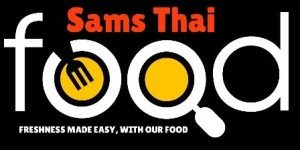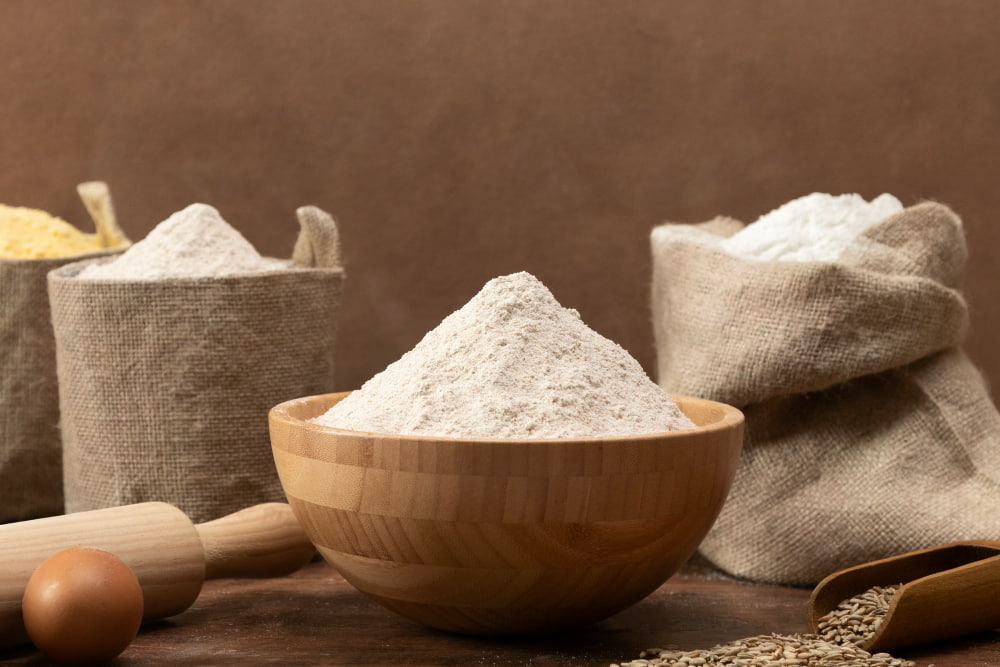
Central to many Thai dishes is wheat flour, used in everything from noodles to dumplings. In recent years, there has been a significant shift towards organic wheat flour in Thai cuisine, driven by a growing awareness of health and environmental concerns.
This article explores the journey of organic wheat flour from farm to table in Thai cuisine, examining its benefits, challenges, and impact on the culinary landscape.
The Rise of Organic Wheat Flour
However, in recent years, there has been a noticeable shift towards organic wheat flour, reflecting consumers’ growing awareness of health and environmental concerns.
Organic wheat flour is produced without synthetic pesticides, fertilizers, or genetically modified organisms (GMOs), making it a popular choice among health-conscious individuals.
Shifting Consumer Preferences
In Thailand, as in many parts of the world, consumers are becoming increasingly conscious of the impact of their food choices on personal health and the environment.
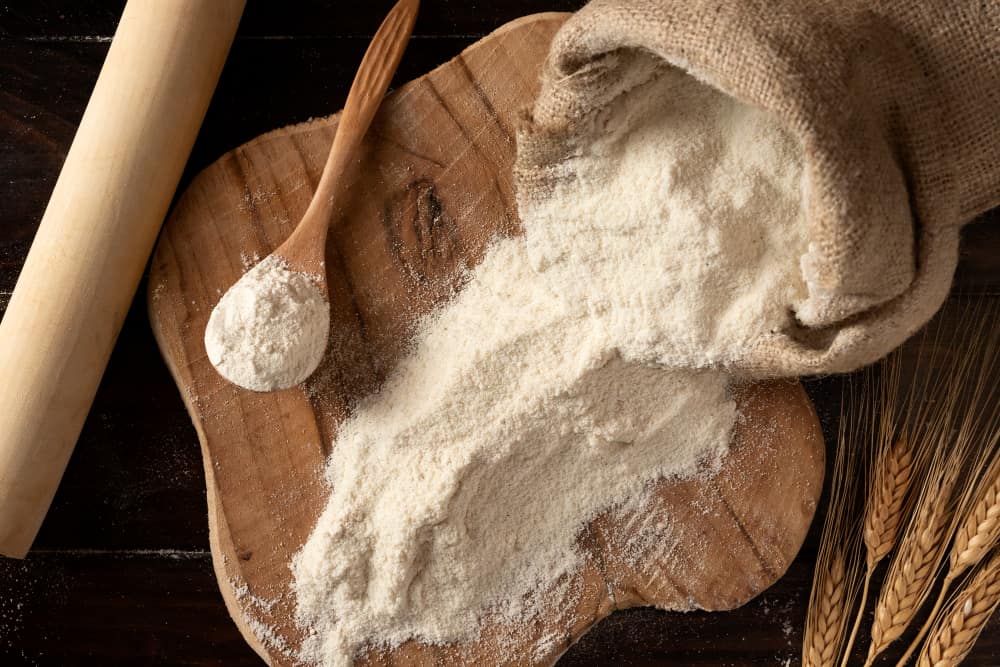
However, this awareness has led to a growing demand for organic products, including wheat flour. Organic wheat flour is produced without the use of synthetic pesticides, herbicides, or genetically modified organisms (GMOs).
Government Support and Initiatives
The Thai government has recognized the importance of promoting organic agriculture and has implemented various policies and initiatives to support its growth.
However, these include providing subsidies to organic farmers, promoting organic certification programs, and encouraging research and development in organic farming methods.
Such support has helped to create a conducive environment for the expansion of organic wheat production in Thailand.
The Organic Wheat Farming Process
Organic wheat farming is a sustainable approach to growing wheat without the use of synthetic pesticides, herbicides, or genetically modified organisms.
However, the process begins with soil preparation, focusing on maintaining soil health through practices like crop rotation and composting to enhance fertility and structure.
Sustainable Farming Practices
Organic wheat farming prioritizes sustainability and environmental stewardship. Farmers employ a variety of techniques to maintain soil fertility, control pests and diseases.
However, these practices may include crop rotation, companion planting, natural pest predators, and the use of organic fertilizers such as compost and manure.
Organic Certification
These standards typically prohibit the use of synthetic chemicals and require farmers to follow specific guidelines for soil management, pest control.
Achieving organic certification not only ensures the quality and integrity of the product but also opens up access to premium markets.
The Flour Milling Process
The cleaned grains are passed through a series of rollers or grinding machines to break them down into smaller particles.
This process removes the outer layers of the grain (bran) and separates the inner endosperm, which contains the starchy part used to make flour.
Maintaining Organic Integrity
Once harvested, organic wheat undergoes a milling process to produce flour. However, It is essential to ensure that the integrity of the organic certification is maintained throughout this process.
This includes preventing contamination from non-organic sources and adhering to strict hygiene and sanitation protocols in the milling facilities.
Stone Milling vs. Industrial Milling
In traditional stone milling, the wheat kernels are ground between two large stones, preserving the nutritional integrity of the flour.
It is preferred by many organic flour producers as it avoids the need for excessive processing and maintains a closer connection.
In contrast, industrial milling involves the use of steel rollers to refine the flour, which can result in nutrient loss and a less flavorful end product.
Integration into Thai Cuisine
From the aromatic Tom Yum soup with its spicy-sour notes to the creamy indulgence of Green Curry, each dish tells a story of cultural fusion.
Whether it’s the Chinese noodles in Pad Thai or the Indian spices in Messman Curry, Thai cuisine embraces diversity with open arms.
Culinary Applications
Its superior quality and nutritional benefits have made it a preferred choice for chefs and home cooks alike, enhancing the taste and authenticity of Thai cuisine .
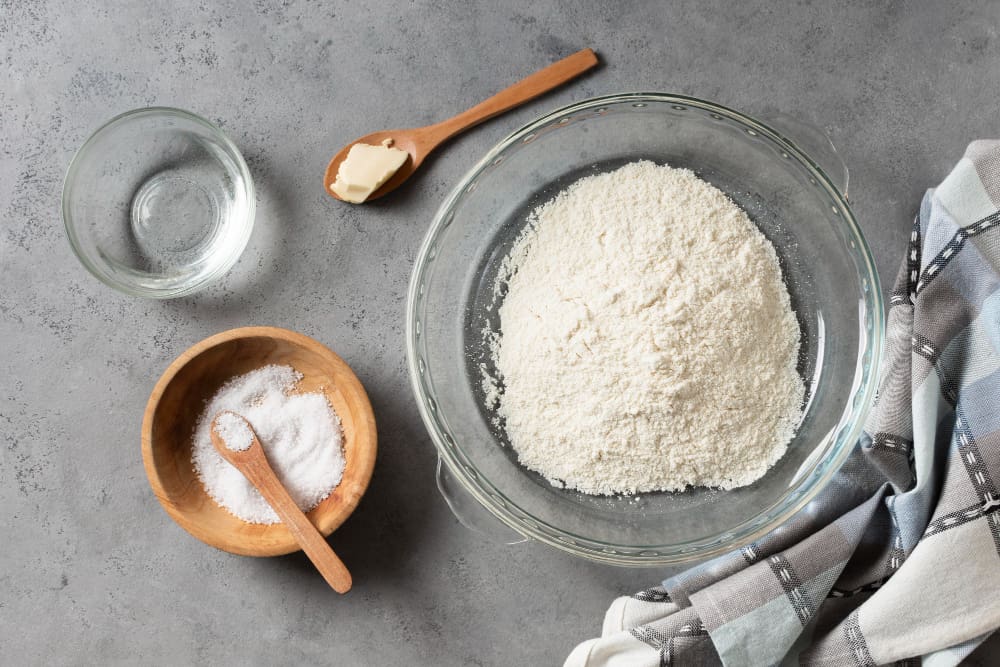
Organic wheat flour has found its way into a wide range of Thai dishes, from classic favorites like Pad Thai and Tom Yum soup.
Health and Wellness Trends
However as consumers become increasingly health-conscious, the use of organic wheat flour aligns with prevailing wellness trends. For organic flour you can visit war eagle mill .
This has contributed to its popularity among health-conscious individuals seeking nutritious and wholesome food options.
Challenges and Opportunities
However, as Thai cuisine gains global popularity, there’s a risk of diluting its authenticity to cater to different palates. Balancing tradition with innovation becomes crucial.
With environmental concerns on the rise, sourcing sustainable ingredients and promoting eco-friendly practices pose significant challenges for the future of Thai cuisine.
Limited Supply and Distribution
So, despite the growing demand for organic wheat flour, its supply remains limited compared to conventional flour. This is partly due to the challenges faced by organic farmers, such as lower yields.
Additionally, the distribution infrastructure for organic products in Thailand is still developing, making it difficult for consumers to access them in certain regions.
Education and Awareness
One of the key challenges in promoting organic wheat flour is the need for greater education and awareness among consumers.
However, many people are still unfamiliar with the benefits of organic farming and may be hesitant to switch from conventional products.
Educating consumers about the advantages of organic agriculture and the importance of supporting local farmers can help to overcome these barriers.
Market Opportunities
Despite these challenges, there are significant opportunities for the growth of organic wheat flour in Thai cuisine. The rising demand for organic and natural foods presents a lucrative market.
However, by capitalizing on consumer preferences for healthier and more sustainable products, organic wheat flour producers can carve out a niche for themselves.
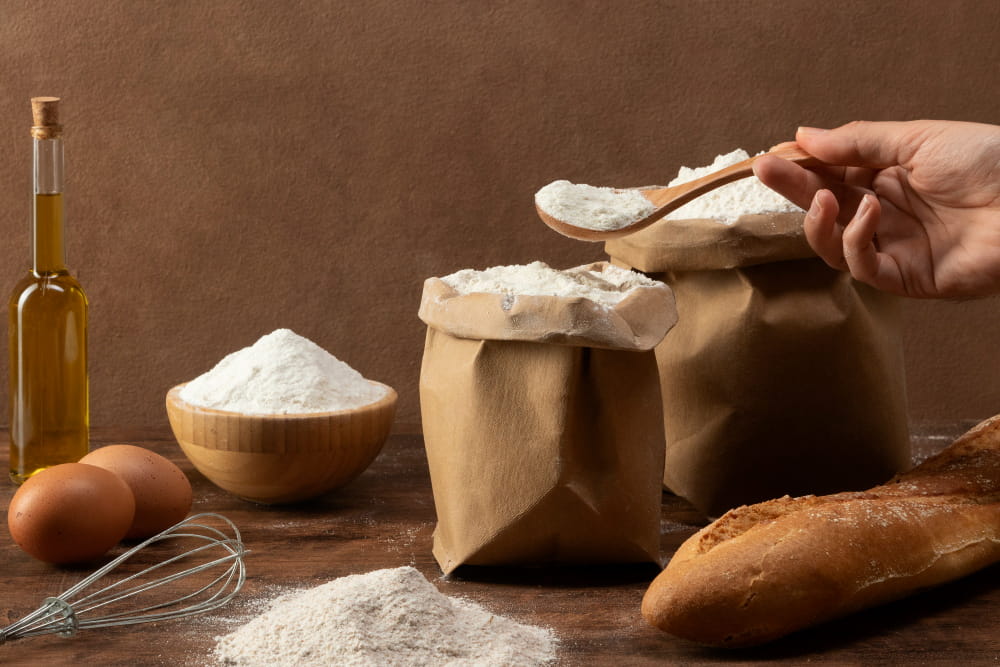
Conclusion
However, the organic wheat flour revolution in Thai cuisine represents a convergence of culinary tradition, environmental consciousness for healthier food options.
From farm to table, organic wheat flour embodies the principles of sustainability, quality, and authenticity of Thai culinary experience.
By embracing organic farming practices and promoting the use of organic ingredients, Thailand is not only enhancing the health and well-being of its citizens.
